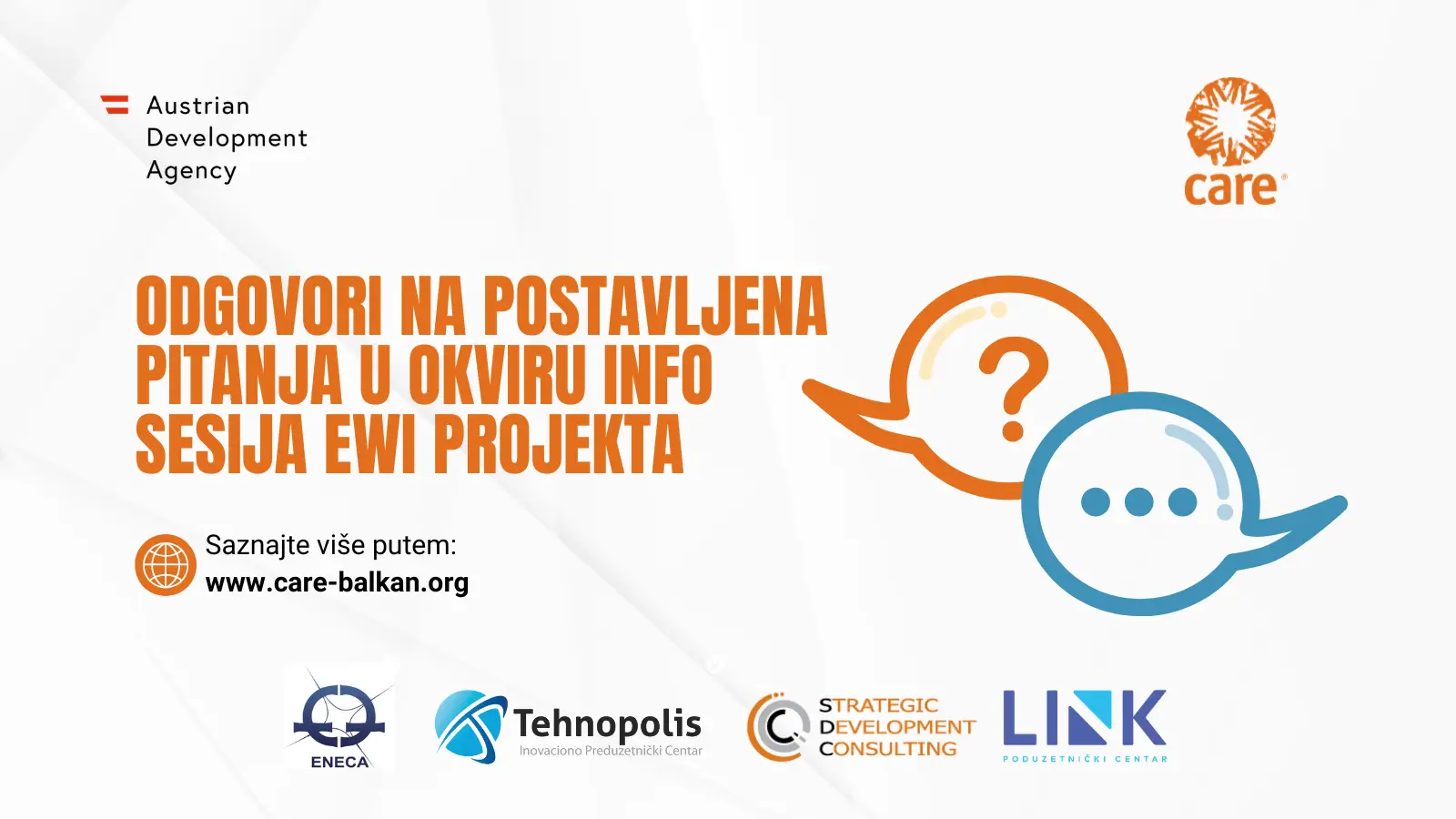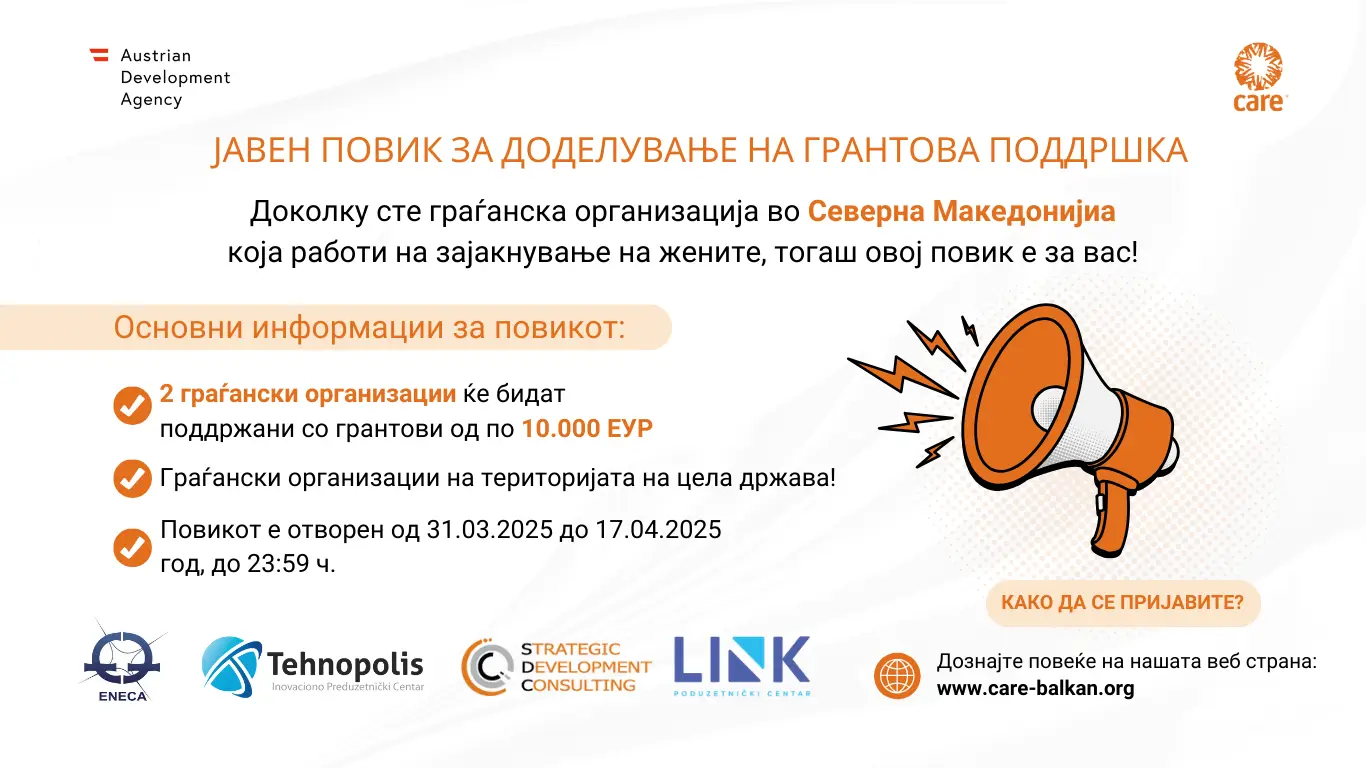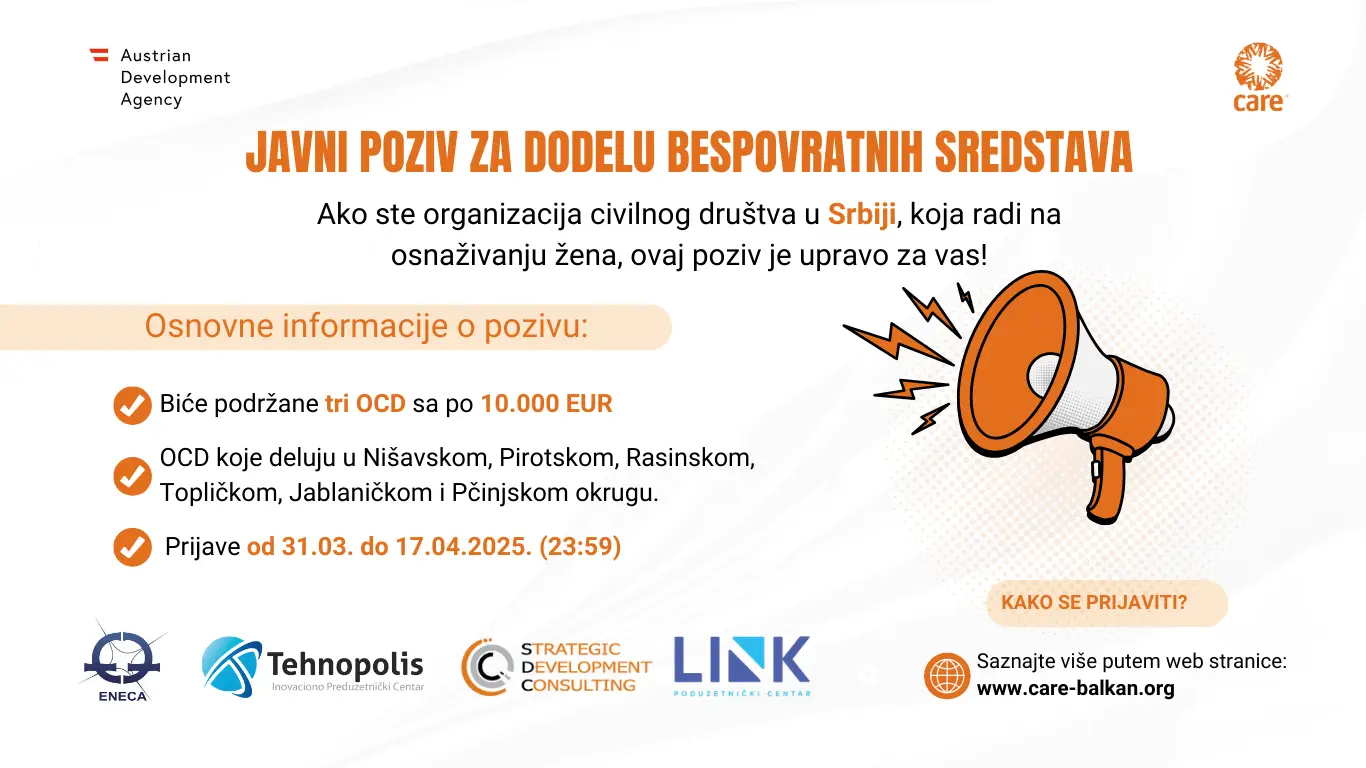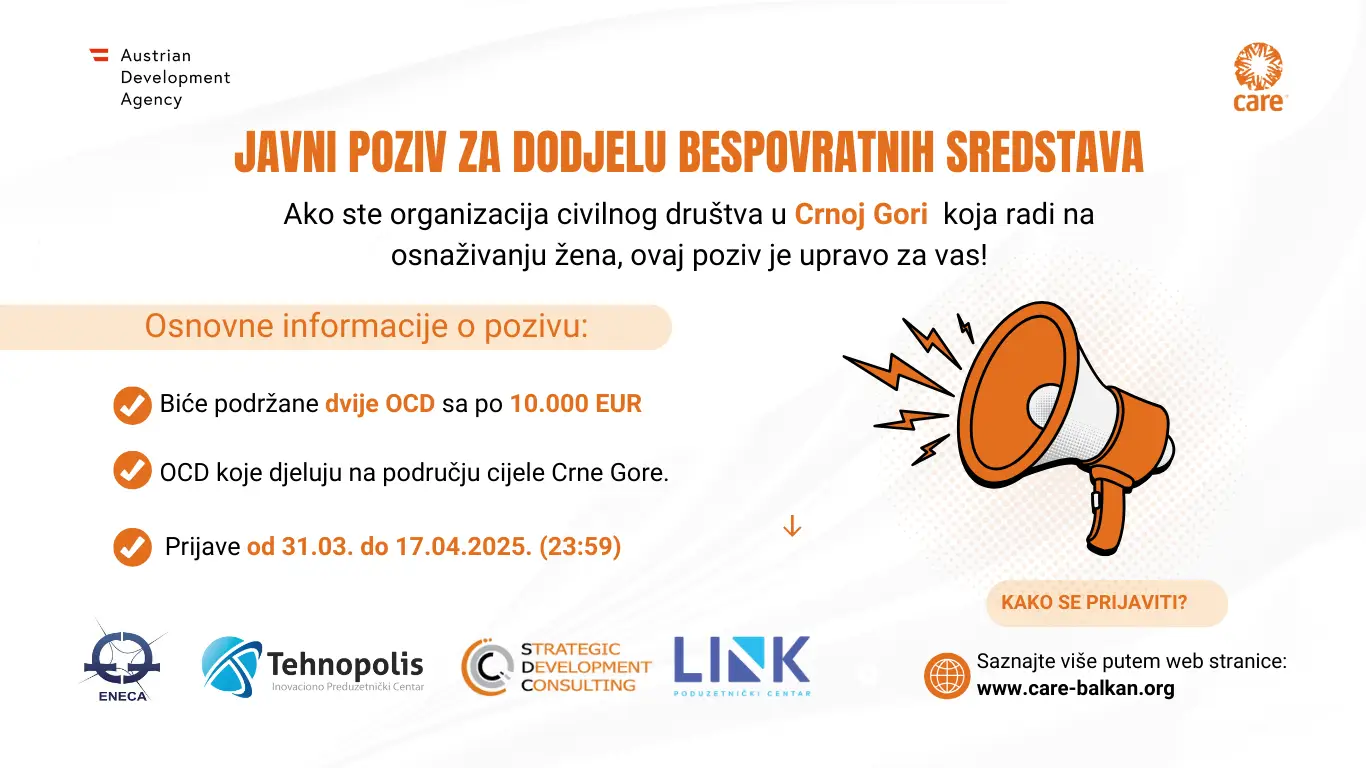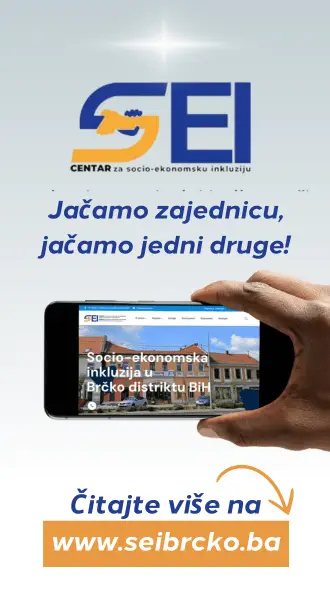After a group of peer educators in Zvornik last year passed training for work according to the CARE’s methodology on Engaging Young Men and Boys in Emergencies derived from the Manual for gender-transformative activities with boys and young men in crisis situations (Program Y) educators had an opportunity through two cycles of training from 13 workshops per each to transfer learned knowledge to young men in movement, who are staying in safe accommodation lead by the Center for Community Services “Puž” in the period from October 2020 to February 2021.
These activities were held thanks to the project “Empowering children and youth on the move through peer education and sociocultural rapprochement“. The project implements Association “Zemlja djece” in partnership with the Center for Community Services “Puž”, with the support of the International Organization for Migration (IOM), within the regional project “Regional Support to Protective and Sensitive Migration Management in the Western Balkans and Turkey – Phase II, which is funded by the European Union.
Vanja Rakić, a trainer with rich knowledge and experience in the field of gender-transformative work with young men on the move, was in charge of implementation of workshops, and the beneficiaries were young men who are asylum seekers with a registered address in Tuzla, but also those who are passing but they stayed in safe houses for a short time (injured, sick, etc.). The groups numbered 15-20 young people per workshop, and the young men mostly managed to go through the cycle, while some partly participated because they had to continue their journey.
In combination with the workshops, through this project, the young men were provided with integrative sports and entertainment content such as going to the cinema, the pool, organizing football matches with peers from the community and the like.
According to the coordinators, partners, peer educators and the participants themselves, the activities had an excellent response, and great impact on changing the understanding, knowledge and attitudes of young people from the East. This especially positively reflected on their subjective sense of acceptance in the community. Also, among the local young men who participated in the integrative and educational contents, there were changes in terms of overcoming prejudices, getting to know other cultures.
















